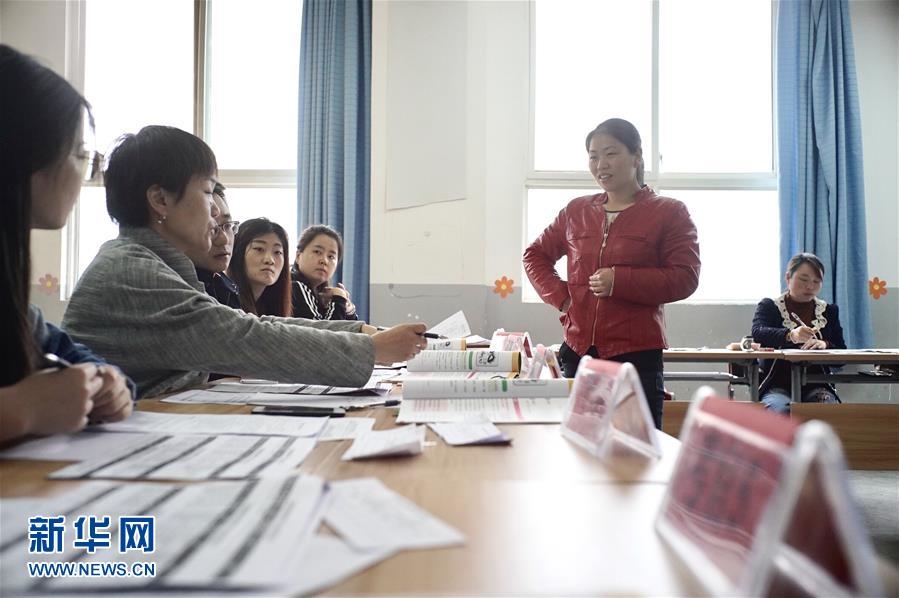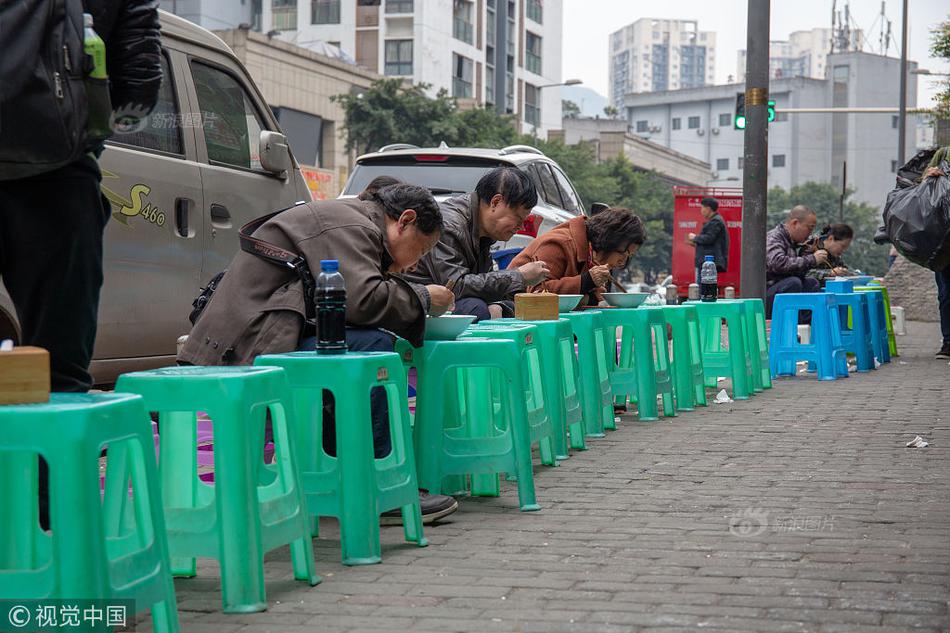Apple deliberately prevents chips in older iPhones from reaching their full processing power under certain conditions,Japan Movies | Adult Movies Online the company has confirmed. The company claims this only happens for phones whose batteries have degraded and that the measure is necessary to prevent those phones from shutting down unexpectedly.
The issue arose after a developer, John Poole, published a study that looked at how benchmarks of specific iPhone models could vary wildly, depending on what software it was running, with many individual phones performing much worse than the "standard" benchmark established when the phone was brand new.
SEE ALSO: The top 10 tech stories of 2017The lithium-ion batteries in smartphones and other devices degrade a little every time they are charged and discharged. Day to day, the degradation is negligible, but after a year or longer, users tend to notice the device no longer holds a charge as long as it used to, and particularly processor-heavy tasks (like playing graphically challenging video games) can sometimes cause a smartphone battery to discharge rapidly.
Poole founded Primate Labs, which created Geekbench, the smartphone benchmark tests that are the de factoindustry standard, and his assessment looks at the iPhone 6S and iPhone 7 specifically. He found that the degraded performance with some began with iOS 10.2.1, which Apple released in January 2017 and was specifically supposed to address the problem of random shutdowns in the iPhone 6 and iPhone 6S.
Per Poole's analysis, that update apparently did not affect the iPhone 7, but iOS 11.2, released in early December, did. While the effect doesn't appear to be as widespread as with iOS 10.2.1, that could be because some iPhone 7 owners may not have updated yet, or if they have, may simply not have done as many benchmarks with Geekbench.
Poole agrees with the conclusion of the Reddit thread that inspired his study: That Apple introduced "throttling" for devices whose batteries have degraded, probably to prevent them from shutting down unexpectedly when the battery still shows significant capacity. It's an understandable trade-off -- random shutdowns are arguably more frustrating than just generally slow performance -- though Apple appears to have been less than transparent with its customers about what that trade-off was.
This Tweet is currently unavailable. It might be loading or has been removed.
Some Reddit users whose phones were slowed down said they saw improved performance when they replaced the battery, which requires visiting an Apple Store or sending the phone to Apple. However, since iPhone users wouldn't know why their device is slowing down and may not even know they can replace the battery, they are much more likely to replace the entire device.
Update 3:15 p.m. ET: Apple provided the following statement to Mashable:
Our goal is to deliver the best experience for customers, which includes overall performance and prolonging the life of their devices. Lithium-ion batteries become less capable of supplying peak current demands when in cold conditions, have a low battery charge or as they age over time, which can result in the device unexpectedly shutting down to protect its electronic components.
Last year we released a feature for iPhone 6, iPhone 6s and iPhone SE to smooth out the instantaneous peaks only when needed to prevent the device from unexpectedly shutting down during these conditions. We’ve now extended that feature to iPhone 7 with iOS 11.2, and plan to add support for other products in the future.
Featured Video For You
This wooden block will charge your phone
Topics Apple iOS iPhone









